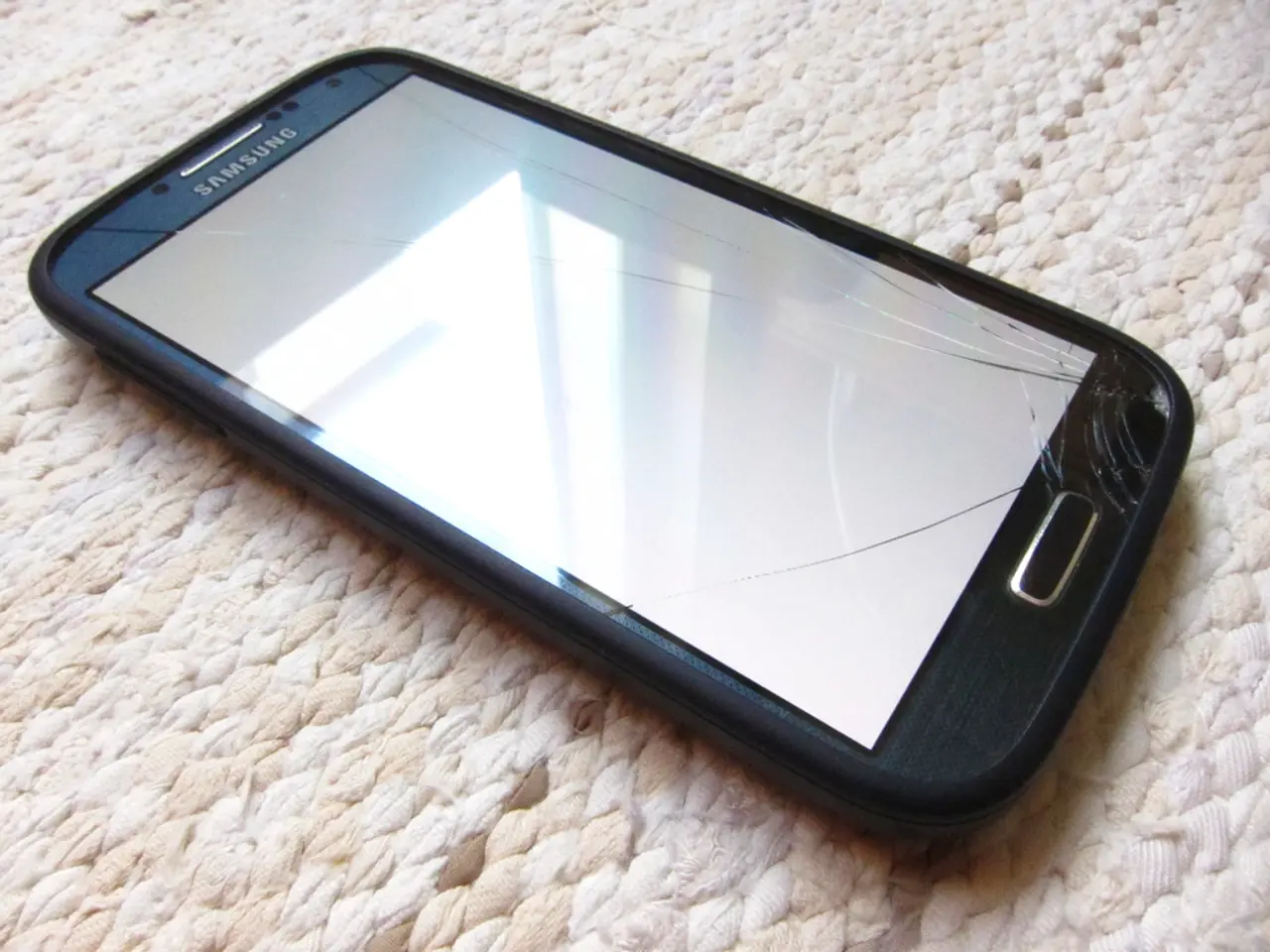Researchers Have Exposed Human Cells to 5G Signals and the Outcomes Are Revealed
In a groundbreaking development, a team of researchers from Constructor University in Germany have conducted a comprehensive study on the effects of 5G radiation on human cells. The study, which employs rigorous experimental design and cutting-edge methodology, offers a definitive answer to one of the most persistent technological fears of our era: the potential harm of 5G radiation to human health.
Previously, several studies claiming to find 5G effects focused on limited endpoints that could easily be influenced by experimental artifacts. However, this new research represents more than just another piece of research. It's a definitive answer, eliminating the most plausible mechanism by which 5G radiation might theoretically harm human cells by ruling out both thermal and non-thermal effects.
The study's methodology is a gold standard that other wireless safety studies should emulate. It employed a random label reshuffling technique to eliminate false discoveries that can arise from the multiple comparisons problem. The exposure conditions were extreme, far beyond what any human would ever experience from 5G networks. The detection methods were comprehensive, examining genetic activity across the entire human genome. Fiber-optic temperature probes tracked thermal changes in real-time.
The data from the study is clear: 5G radiation does not damage human cells at the genetic level. This finding is a significant relief, as 5G networks continue expanding globally. Public acceptance based on scientific evidence rather than fear will be crucial for realizing the technology's benefits in healthcare, transportation, communication, and countless other fields.
It's important to note that the study focused on individuals of Han Chinese ethnicity. Validation across diverse genetic backgrounds will strengthen the conclusions. Future research will likely expand the analysis to include other cell types, examine longer exposure periods, and test whether genetic variations in different populations might influence sensitivity to electromagnetic radiation.
The new research also provides a template for evaluating the biological effects of future wireless technologies. Current safety guidelines were developed based on thermal effects, and this study offers evidence that they may be too conservative.
So, what does this mean for you? Your phone isn't killing you, and the science finally proves it beyond any reasonable doubt. The practical implications are straightforward: you can stop worrying about 5G radiation harming your health.
This study highlights the importance of rigorous experimental design in the wireless safety field. It's a reminder that fear-mongering and misinformation can be detrimental to the progress of technology. As we move forward, it's crucial to rely on scientific evidence and maintain an open, critical mindset towards emerging technologies like 5G.
In light of the rigorous study conducted by the researchers at Constructor University, it is now evident that technology, notably 5G, does not pose a significant threat to human health in terms of medical-conditions related to genetic activity. Furthermore, this groundbreaking research serves as a model for future studies on the biological effects of other wireless technologies, emphasizing the importance of science and technology in ensuring health-and-wellness.




